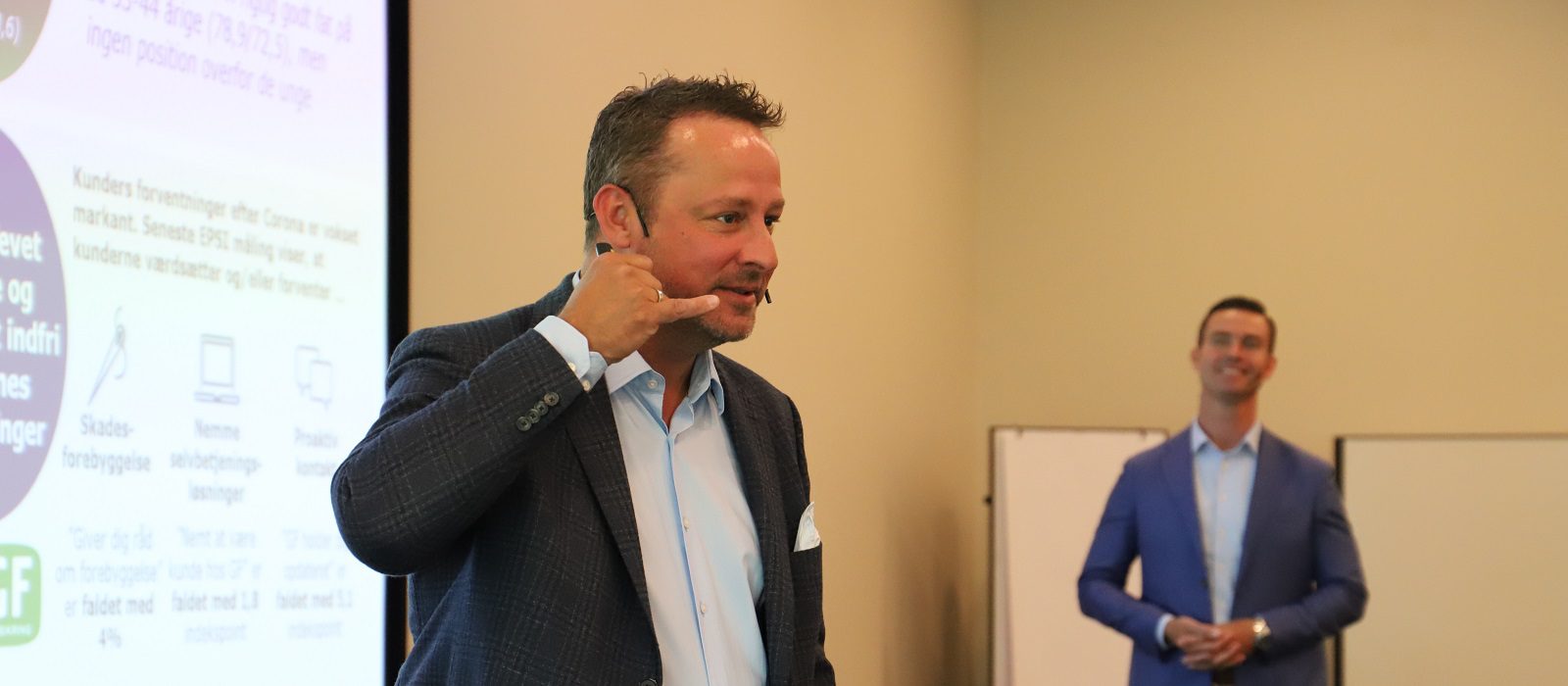Like many among the ICMIF membership, I am a passionate advocate of mutuals, and of the benefits they deliver for their members, customers and wider society. But for much of the British public and, indeed, for a large proportion of the policymaker and regulator community, the concept of mutuality is, at best, poorly understood and, at worst, completely unknown. Consequently, public policy in the UK is often formed without contemplating the impact on mutuals.
With a UK general election likely to take place before the end of next year, we believe that now is the time to take stock of the challenges facing the mutual and cooperative sector. In particular, we want to consider how politicians and lawmakers can do more to help mutual businesses to grow and provide greater choice for consumers.
I have the rare privilege of being the Chairman of the UK’s two largest financial services mutuals: Royal London and Nationwide Building Society. Between them, they provide banking, pensions, life assurance and investment services to some 17 million British adults – around one quarter of the total UK population.
We asked the Social Market Foundation (SMF), an independent, non-partisan think-tank, to conduct some research and analysis, and in June it published its findings in a report entitled Mutual understanding: The modern mutual sector and how to support it.
The report serves to reinforce some important themes, which are probably familiar to many of you, but which remain fundamental to nurturing and maintaining successful mutual businesses.
Demystifying mutuality
The first of these themes addresses the fact that, to many, mutuality is a rather opaque concept. Consumer research conducted as part of the SMF’s work found that 40% of people had heard of the term ‘mutuality’ but were unsure what it meant, while 40% hadn’t heard of it at all.
This is perhaps unsurprising. ICMIF’s Global Mutual Market Share data, for instance, shows that mutuals account for a much smaller proportion of the UK insurance market than in the US and the majority of other European countries.
Given that UK mutual businesses generate over GBP 133.5bn of income annually, this translates into a significant missed opportunity, both from a social and an economic perspective.
Consider Royal London’s ProfitShare scheme, which has added over GBP 1.5bn to the pension pots of eligible customers since its introduction in 2007. Through the latest award in April this year, GBP 155m was shared with around two million customers. Nationwide also started sharing its profits this year, distributing GBP 340m to eligible members.
Collectively, this represents a significant amount of economic activity which, rather than being directed at shareholders or investors, could be shared with members and local economies.
A purpose-driven sector
This brings me to the second theme I wish to highlight. The SMF’s report underlines that mutuals – whether large or small – are united by a strong sense of purpose, and a desire to help those who are less able to help themselves. Without the added complexities borne by traditional, listed companies, who exist primarily to generate profits and returns for investors, there is a shared focus among mutuals to use their status for the good of society.
At the mutuals I chair, we support those who are experiencing financial and related difficulties. Both Royal London and Nationwide regularly give 1% of their pre-tax profits – over GBP 20 million in total – to charities that include those supporting people in excessive debt, people without housing and people living with serious illness.
At Royal London, being a mutual is very much at the heart of our Purpose: ‘Protecting today, investing in tomorrow. Together we are mutually responsible’. At Nationwide, our Purpose is centred around banking that’s ‘fairer, more rewarding, and for the good of society’. Regardless of its articulation, a clarity of purpose means we can be very clear about the difference our sector can make to customers and to society more widely.
The capital conundrum
This leads me to a third theme, and a challenge that has been around for decades: we can only deliver these benefits by being profitable.
Mutuals operate within a highly competitive environment. Smaller mutuals in particular need support to compete and grow. However, as the SMF’s report shows, a lack of access to capital prevents many mutuals, from housing associations through to community energy projects, from expanding and, ultimately, thriving.
While finding a solution may not be straightforward, I would like to see policymakers from all sides commit to working with the sector to explore potential funding mechanisms for mutuals. I think many would be willing to support capital-raising exercises if they were aligned to a mutual’s purpose and subscribed to the intention that future profits are primarily reinvested in the business or shared with members.
Clearly more work would need to be done on the detail of such a proposal. And the sector must accept that delivering real change may involve a degree of flexibility and compromise.
But there are some encouraging signs. The Government’s commitment to review existing mutuals’ legislation, to ensure it is fit for purpose, will be published in the autumn. In addition, the Labour Party’s pledge to double the size of the mutual sector if it forms the next government is clearly worthy of our support, albeit the important question remains as to how this would be achieved.
Time will tell whether UK policymakers are truly willing to embrace change. However, with the right foundations in place, I believe that we can encourage the collaboration that we need between the sector and politicians, from all parties, to create conditions in which mutuals can thrive. At a time when the public’s appetite for companies to act and behave more responsibly has arguably never been greater, the case for a corporate model which focuses on the long-term interests of its customers, and shares the proceeds of growth with its members, has arguably never been stronger.






